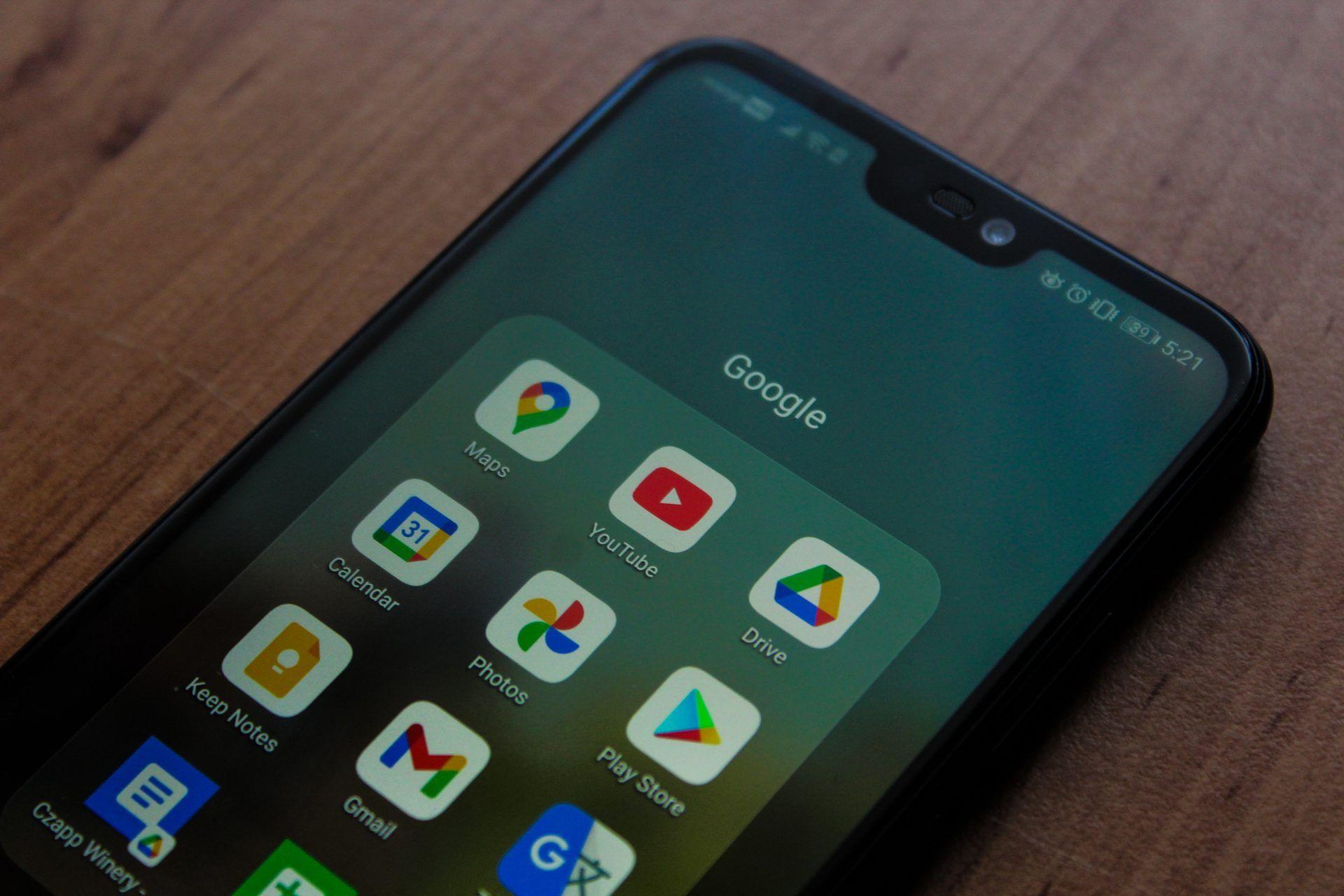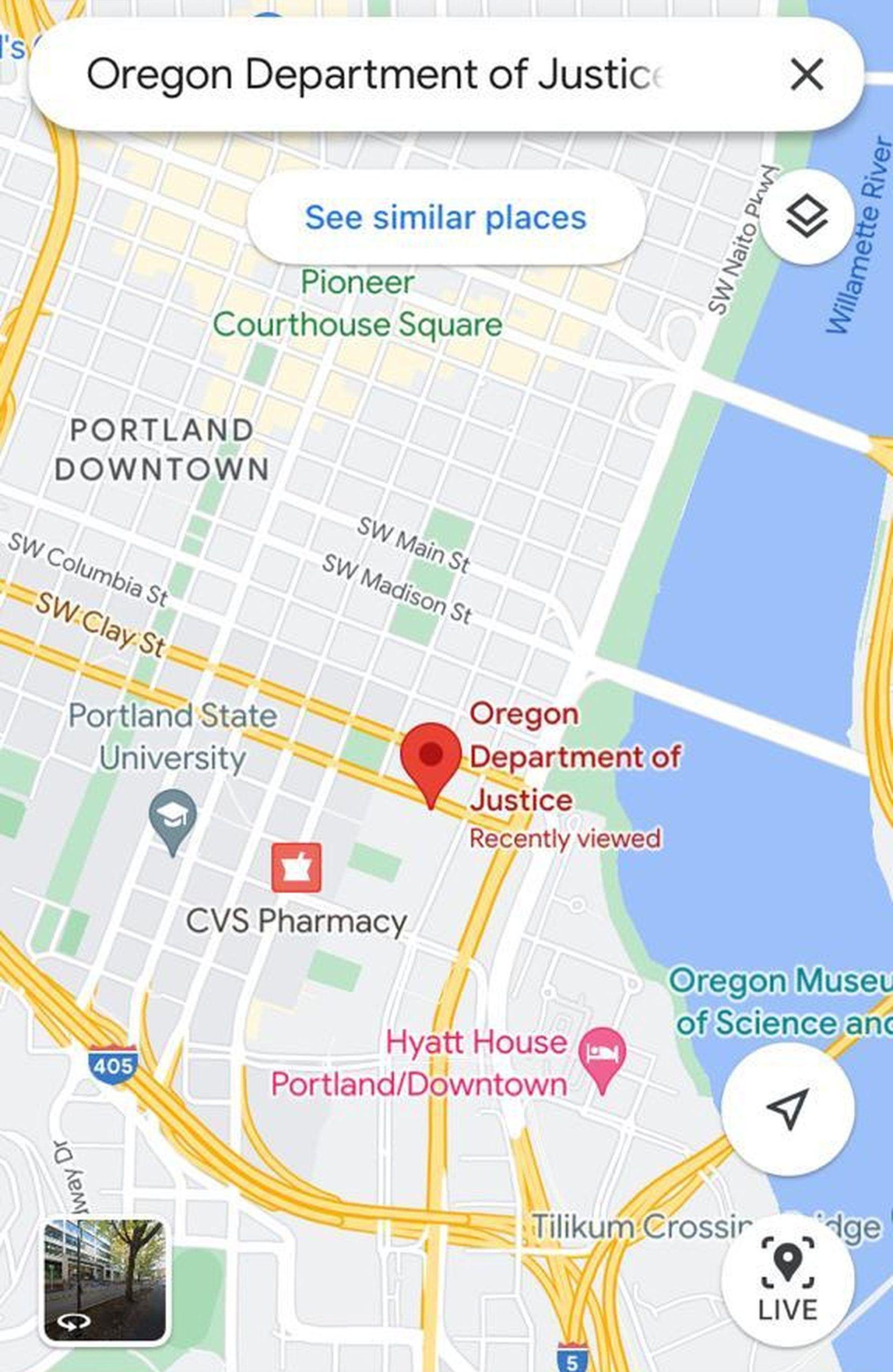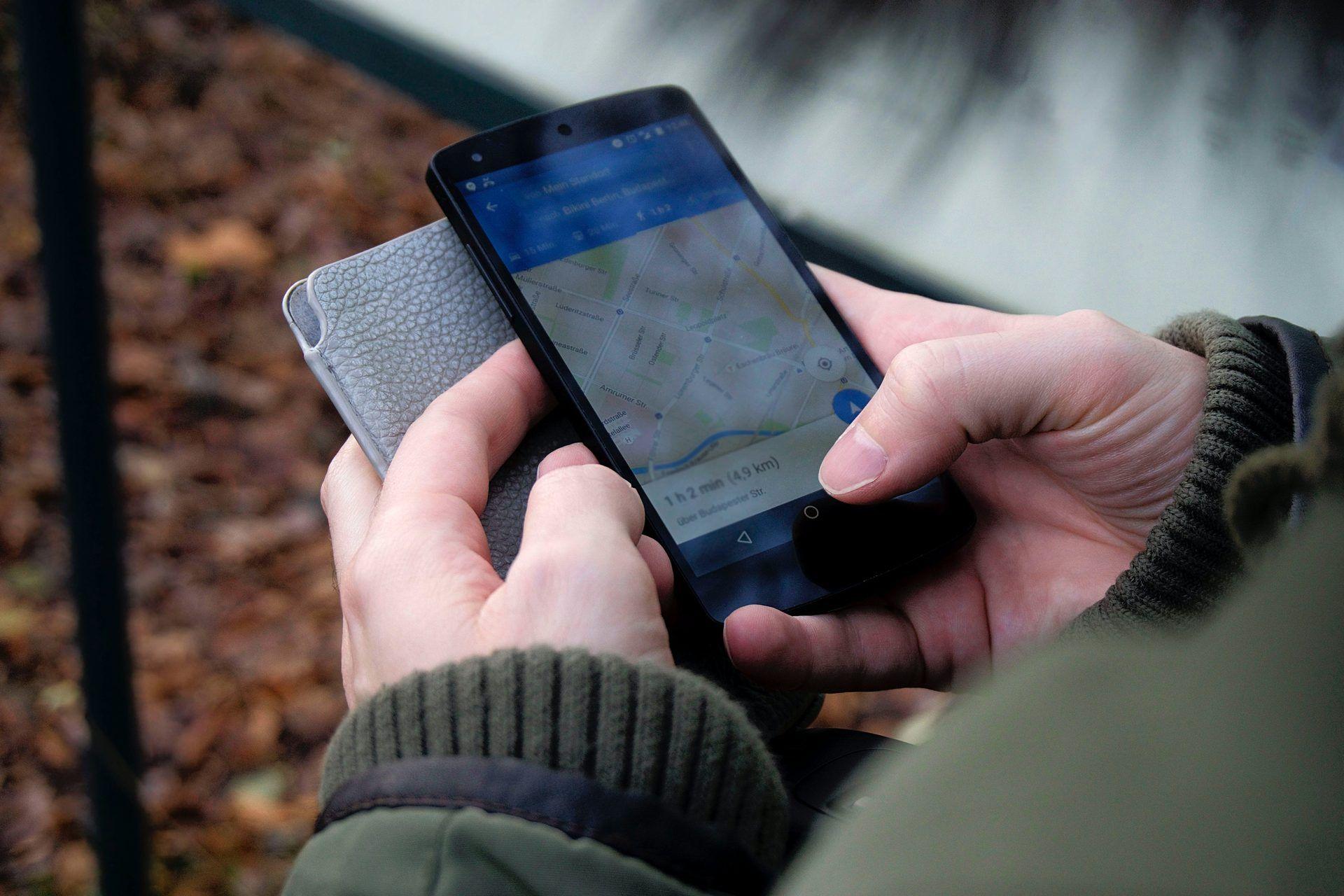After a $391.5 million Google location tracking lawsuit settlement, “Google location settlement claim” is one the most searched queries on the Internet, and it makes totally sense. The Google location settlement amount is considerably notable when we look at the latest settlements, such as the Snapchat privacy settlement, T-Mobile data breach settlement, Equifax data breach settlement, Interserve settlement, and Tiktok data privacy settlement.
Google is in trouble with laws nowadays. Recently, Texas sued Google for collecting biometric data without consent, and today, a record-breaking $391.5 million Google tracking settlement with the tech giant has been reached.
Google location tracking class action lawsuit explained
Google has reached a $391.5 million settlement with the attorneys general of 40 states for its location monitoring activities. According to the Google location settlement, Google deceived its customers into believing that they had disabled location tracking while the business was still gathering such data.
“For years, Google has prioritized profit over their users’ privacy.”
Oregon Attorney General Ellen Rosenblum

A 2018 Associated Press report that revealed Google kept tracking users’ locations even after they opted out of such tracking by turning off a feature the company called “location history” served as the impetus for the states’ investigation. According to the Google tracking settlement, Google has been breaking state consumer protection laws since at least 2014 by misleading customers about its location monitoring activities.
As part of the Google location settlement, Google must disclose more information about its procedures. Specifically, Google must:
- Every time a location-related account setting is switched on or off, users should see more information;
- Ensure that users cannot avoid learning important details about location monitoring (i.e., don’t hide them);
- A better “Location Technologies” webpage provides people with in-depth details about the different kinds of location data Google gathers and how it is utilized.

Google will enhance its location tracking disclosures and user controls as part of the Google location settlement.
According to the Google tracking settlement, Google must provide users with more information each time they toggle a location-related account setting on or off. Moving forward, important information regarding location tracking must not be concealed.
Google will develop a thorough information portal that emphasizes important location settings in addition to these adjustments. Google also intends to provide customers with a more thorough explanation of Web & App Activity and what data it contains when creating new accounts. Users who have not recently added fresh location history data to their accounts will continue to have their location history data deleted.
According to the AP, the privacy issue with location monitoring affects hundreds of millions of people using iPhones worldwide who depend on Google for maps or searches, as well as approximately 2 billion users of smartphones using Google’s Android operating system.
The lawsuit claims that location information is gathered by Google Search, Google Maps, YouTube, and other services even when it is not necessary for the operation of the service.

Google said that the issues were resolved several years ago.
“Consistent with improvements we’ve made in recent years, we have settled this investigation, which was based on outdated product policies that we changed years ago.”
Google spokesperson Jose Castaneda
According to state regulators, Google uses location data to target consumers with advertisements from its clients.
Google settlement states
Oregon and Washington jointly oversaw the investigation, representing the largest consumer privacy settlement ever managed by an attorney general.

Other states participating in the negotiations, in addition to Oregon and Nebraska, are Arkansas, Florida, Illinois, Louisiana, New Jersey, North Carolina, Pennsylvania, and Tennessee. Alabama, Alaska, Colorado, Connecticut, Delaware, Georgia, Hawaii, Idaho, Iowa, Kansas, Kentucky, Maine, Maryland, Massachusetts, Michigan, Minnesota, Mississippi, Missouri, North Dakota, Ohio, Oklahoma, South Carolina, South Dakota, Utah, Vermont, Virginia, and Wisconsin are also parties to the Google tracking settlement.
Google location settlement claim: Who is eligible for Google tracking settlement?
How to make Google location settlement claim? Individually and on behalf of each and every person who belongs to the following groupings, collectively referred to as the “Class:” throughout this Complaint:
- Android Class: All naturally occurring persons in the United States who own Android smartphones, which disabled Location History, but whose location data was logged and used by Google.
- iPhone Class: All natural persons who are U.S. residents and possess Apple smartphones, who have Location History disabled, and even though they were tracked and used by Google.

You will be eligible for a Google location settlement claim if you belong to these classes.
Google location settlement amount
Ellen Rosenblum, the attorney general of Oregon, and the attorneys general of 39 other states today announced a record $391.5 million settlement with Google for its location tracking activities. The agreement, which was pushed through by Nebraska AG Doug Peterson and Oregon AG Rosenblum, is the biggest consumer privacy settlement ever. Oregon will get $14,800,563 as compensation for its leadership in the bipartisan investigation and Google tracking settlement.
How much is the Google location settlement per person?
If you are eligible for a Google location settlement claim, you probably wonder about Google location settlement per person. But for now, it is still unclear. It will vary depending on how many people claim.
This part will be updated.
Check out American Airlines Security Breach, Binance Hack, CHI Health Data Breach, and Uber Security Breach
Importance of location tracking
Tech businesses can offer digital ads to marketers trying to engage with local consumers by using location monitoring. It is just another tool in Google’s arsenal for collecting data. It contributes to the company’s parent company, Alphabet, which has a market value of $1.2 trillion and more than $200 billion in annual ad income.

Location data, which they referred to as the most sensitive and priceless personal data the corporation obtains, was a crucial component of Google’s digital advertising business, according to the attorneys general who conducted the investigation. According to them, even a modest amount of location information can disclose a person’s identity and habits.
Google has been sued for location tracking in Washington, D.C., Indiana, Texas, and Washington state, in addition to Arizona, where a similar lawsuit was resolved for $85 million last month. According to the four AGs, Google used location data for its advertising business. The cases seek the court to order Google to give up any algorithms it developed using the allegedly illegally obtained gains along with any financial gains.






